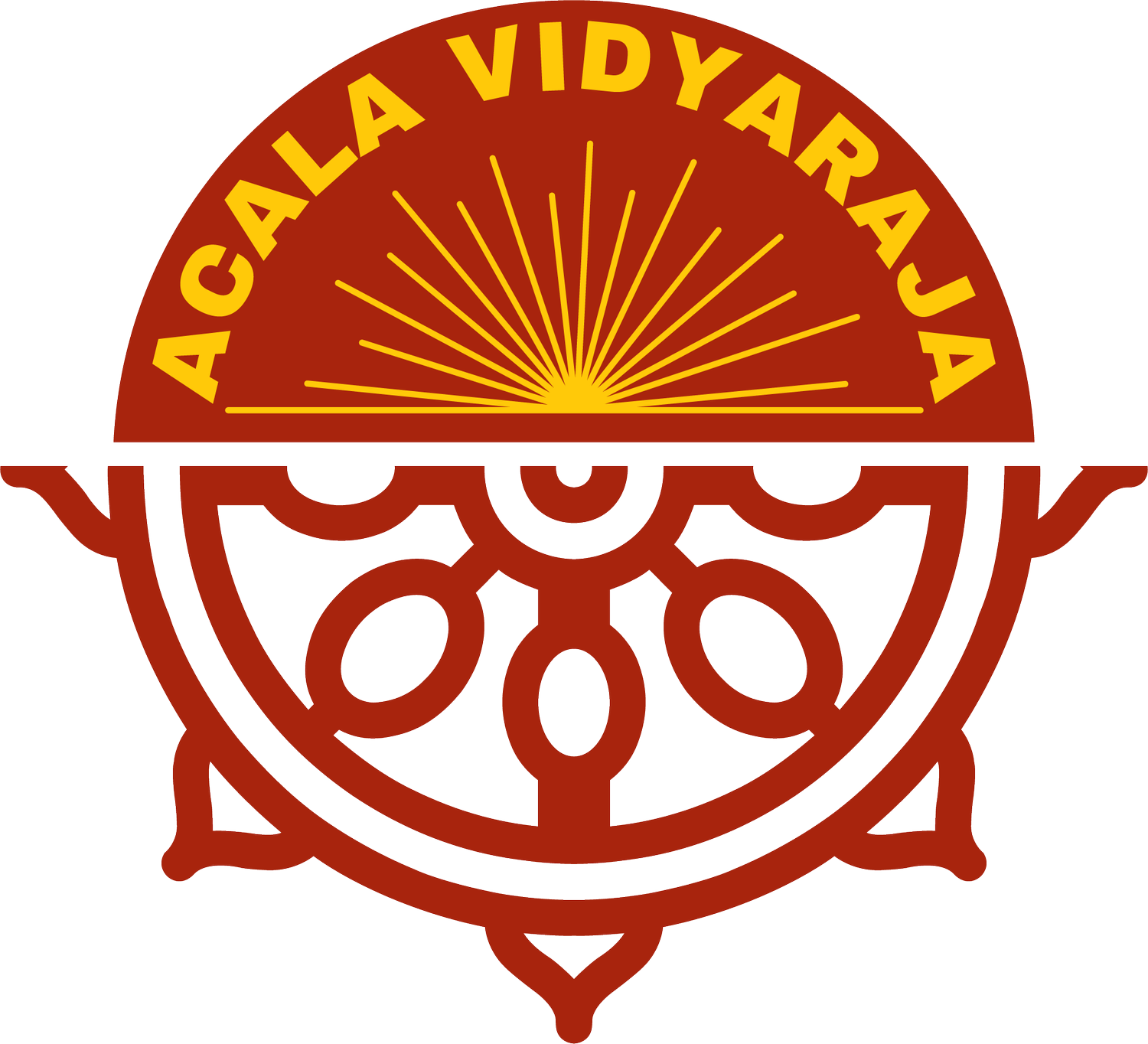A Comprehensive Guide to Patrul Rinpoche's "Words of My Perfect Teacher
Author: Khenpo Pelzang
Introduction: Khenpo Pelzang's guide to Patrul Rinpoche's "Words of My Perfect Teacher" serves as an indispensable resource for individuals seeking a profound understanding of Tibetan Buddhism. For over a century, Rinpoche's text has been a cornerstone for spiritual practitioners across various Tibetan Buddhist traditions. Khenpo Pelzang's chapter-by-chapter commentary not only delves into the intricate details of the original work but also provides a fresh and insightful perspective on fundamental aspects of the Buddhist path.
Key Themes Explored:
The Role of the Teacher: Khenpo Pelzang explores the central theme of the teacher-disciple relationship, emphasizing its significance in the spiritual journey. The guide provides practical insights into how students can cultivate a meaningful connection with their spiritual mentors and benefit fully from the teacher's guidance.
Stages of the Path: The guide elucidates the progressive stages of the spiritual path as outlined by Patrul Rinpoche. Readers gain a comprehensive understanding of the foundational practices, the challenges encountered at each stage, and the transformative potential of advancing along the path toward enlightenment.
The Three Jewels: Khenpo Pelzang delves into the profound significance of the Three Jewels—Buddha, Dharma, and Sangha. The guide explores how these pillars of Buddhist refuge offer guidance and support to practitioners, anchoring them in their pursuit of wisdom, ethical conduct, and spiritual community.
Madhyamika and Transcendent Wisdom: The guide provides a detailed exploration of Madhyamika philosophy, the middle way that transcends extremes. Khenpo Pelzang sheds light on the fundamental concepts of emptiness and dependent origination, elucidating how these principles form the basis for developing transcendent wisdom.
Integration of Common Practices: Khenpo Pelzang weaves together the common spiritual practices shared by various Tibetan Buddhist schools. The guide offers practical advice on meditation, mantra recitation, and other rituals, fostering a holistic understanding of how these practices contribute to one's spiritual development.
Cultural and Historical Context: The guide doesn't just focus on the textual aspects but also provides readers with the necessary cultural and historical context. This contextualization enhances the reader's appreciation for the depth and richness of Tibetan Buddhist traditions.
Conclusion: Khenpo Pelzang's guide to Patrul Rinpoche's "Words of My Perfect Teacher" is a treasure trove of wisdom for both novice and seasoned practitioners. Through meticulous commentary, the guide not only unlocks the profound teachings embedded in Rinpoche's text but also serves as a beacon, guiding readers on a transformative journey towards spiritual awakening. Whether one is new to Tibetan Buddhism or a seasoned practitioner, this guide offers valuable insights and practical guidance on the path to enlightenment
Patrul Rinpoche, also known as Orgyen Jigme Chökyi Wangpo, was a prominent Tibetan Buddhist teacher and author from the Nyingma school. He was born in 1808 in the Dzachuka region of Kham, Eastern Tibet. Patrul Rinpoche is best known for his teachings on Dzogchen, a profound and advanced meditation practice within the Tibetan Buddhist tradition.
Here is a brief overview of Patrul Rinpoche's life:
Early Life and Education:
Patrul Rinpoche was recognized as the reincarnation of Palge Samten Phuntsok, a student of the famous Jamyang Khyentse Wangpo. He entered monastic life at an early age, studying under several prominent teachers and receiving teachings on a wide range of Buddhist scriptures.
Renunciation and Wandering:
In his early adulthood, Patrul Rinpoche chose a life of wandering and renunciation, following the traditional path of a wandering yogi. He spent many years traveling to sacred sites, practicing meditation in remote hermitages, and receiving teachings from various masters.
Dzogchen Teachings:
Patrul Rinpoche became renowned for his mastery of Dzogchen teachings, which emphasize the direct experience of one's true nature. His teachings focused on the inseparability of wisdom and compassion and the recognition of the natural state of mind.
Literary Contributions:
Patrul Rinpoche was a prolific writer, and his literary works include profound texts on Dzogchen, Mahamudra, and the Bodhisattva path. One of his most famous works is "The Words of My Perfect Teacher" (Kunzang Lamai Shelung), a classic text that serves as a guide for practitioners on the path to enlightenment.
Legacy:
Patrul Rinpoche's teachings continue to be influential, and his writings are studied by practitioners of Tibetan Buddhism worldwide. His emphasis on simplicity, compassion, and the direct experience of the nature of mind has resonated with many spiritual seekers.
Death:
Patrul Rinpoche passed away in 1887, leaving a lasting legacy in the form of his teachings and written works. His students and disciples carried on his lineage, ensuring the continued transmission of his profound insights into the nature of reality.
Patrul Rinpoche is remembered not only for his deep understanding of Buddhist philosophy but also for his embodiment of the compassionate and wise qualities that characterize an authentic spiritual teacher in the Tibetan Buddhist tradition.



